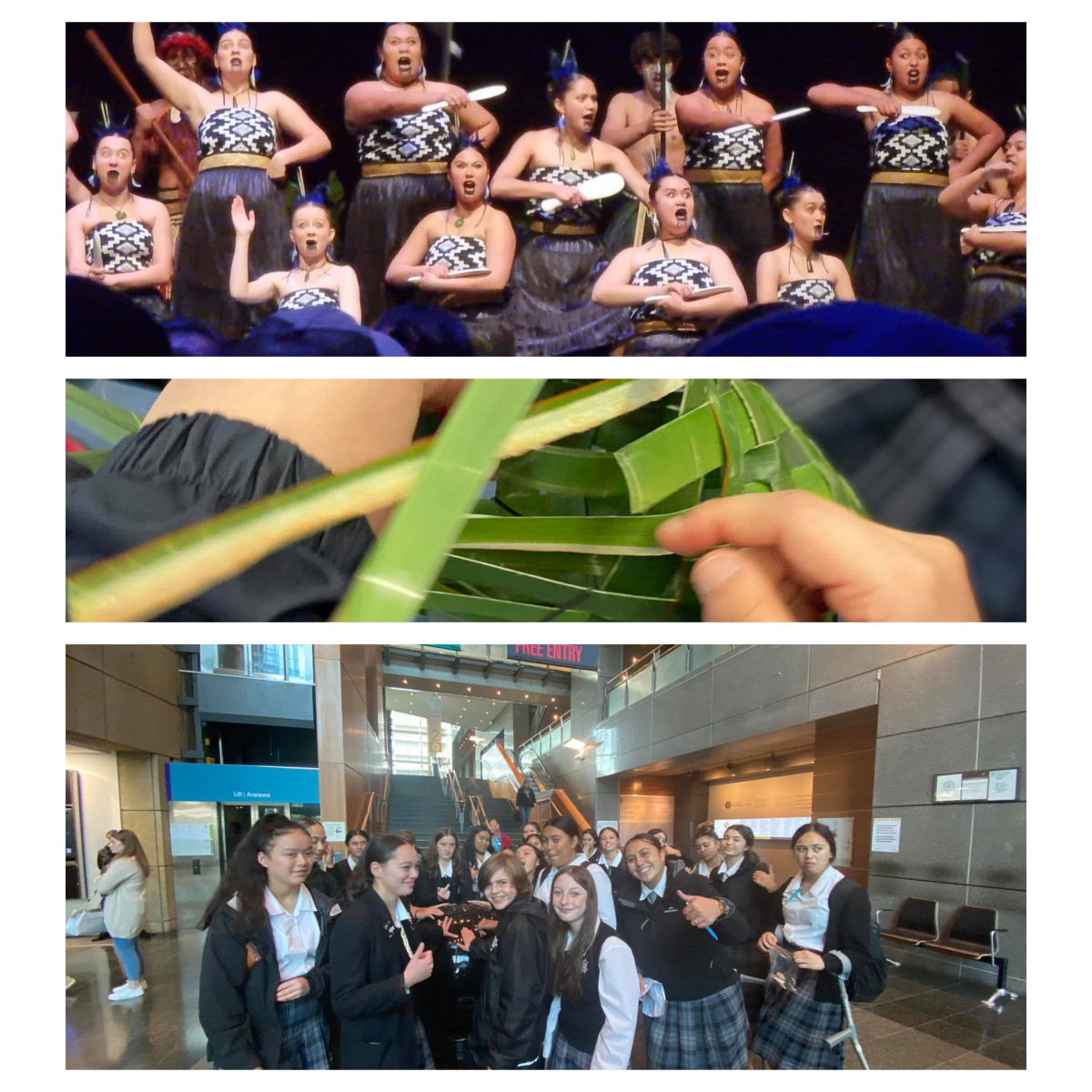Year 9 Te Reo Māori
Subject Description
Teacher in Charge:

In Year 9, the focus is on listening and speaking in te reo Māori (exposure to reading and writing is limited at this stage). Ākonga (student/s) learn to communicate about themselves, their family and friends, where they are from, and things that are familiar to them, e.g. their community. Ākonga also learn about cultural conventions, e.g. how to meet and greet people, including hongi, as well as cultural norms via kōrero pūrākau (myths & legends).
The course is based on the Whāinga Paetae (achievement objectives) at Levels 1 - 2 of the NZ Curriculum. If you'd like to know more about these, go to 'Useful Links' at the bottom of this page.
Subject Overview
Term 1
Unit 1: Ngā Mihi - Greetings and Introductions
- Greetings, farewells and acknowledgements
- Introductions
- Asking how someone is
Unit 2: Tōku Kāinga - My Home
- Saying where you are from
- Nationality
- Saying where your home is
Term 2
Unit 3: Tōku Whānau - My Family
- Members of the family
- Saying you have family
- Pets
Unit 4: Tōku Rā Whānau - My Birthday
- Days of the weeks
- Months and seasons
- Numbers
- My birthday
Term 3
Unit 5: Tōku Kura - My School
- The classroom
- Colours
- Saying where something is
- Saying someone is doing something
Unit 6: Tōku Āhuatanga - Personal Description
- Hair and eyes
- Characteristics
- Likes and desires
Term 4
Unit 7: Te Āhua o te Rangi - Weather, Clothing and Time
- Weather
- Clothing
- Telling time
Unit 8: Revision for the Year
Recommended Prior Learning
Open entry
Contributions and Equipment/Stationery
*Equipment & Stationery*
- BYOD with headphones (for listening exercises)
- 1 x 1B5, 1 x 20 page clearfile, gluestick, scissors, felt-pens
- Māori 2 Go Book 1
Pathway
According to Careers NZ, "It's helpful to have knowledge of te reo Māori for jobs such as policy analyst, reporter, editor, librarian or CEO. It’s important to be able to pronounce Māori names and places correctly if you’re a news reader, or television or radio presenter. For jobs such as Kaiwhakaako Māori (Māori medium school teacher), interpreter or translator, you must be fluent in te reo Māori." In terms of small business, "The Ministry for Business, Innovation and Employment estimates the Māori economy to be worth $40-$50 billion in 2018, and that figure is growing. Most iwi businesses are in agriculture, forestry or fisheries, but you could also find your dream job in the related legal, marketing, management and science fields, or in one of the many small-to-medium Māori enterprises."
Visit this link https://www.canterbury.ac.nz/media/documents/careers-internships-and-employment/brochures/Careers_Kit_TereoMaori.pdf to see an extensive list of careers where being a reo Māori speaker is an advantage.
Assessment Information
No assessment in the junior school in languagesUseful Links
Disclaimer
All subject selections are provisional only and are subject to:
- meeting any course entry requirements
- minimum class sizes
- the availability of teaching staff
and the final decision is at the discretion of the Head of Learning Area for that subject.
 St Mary’s College (Wellington)
St Mary’s College (Wellington)